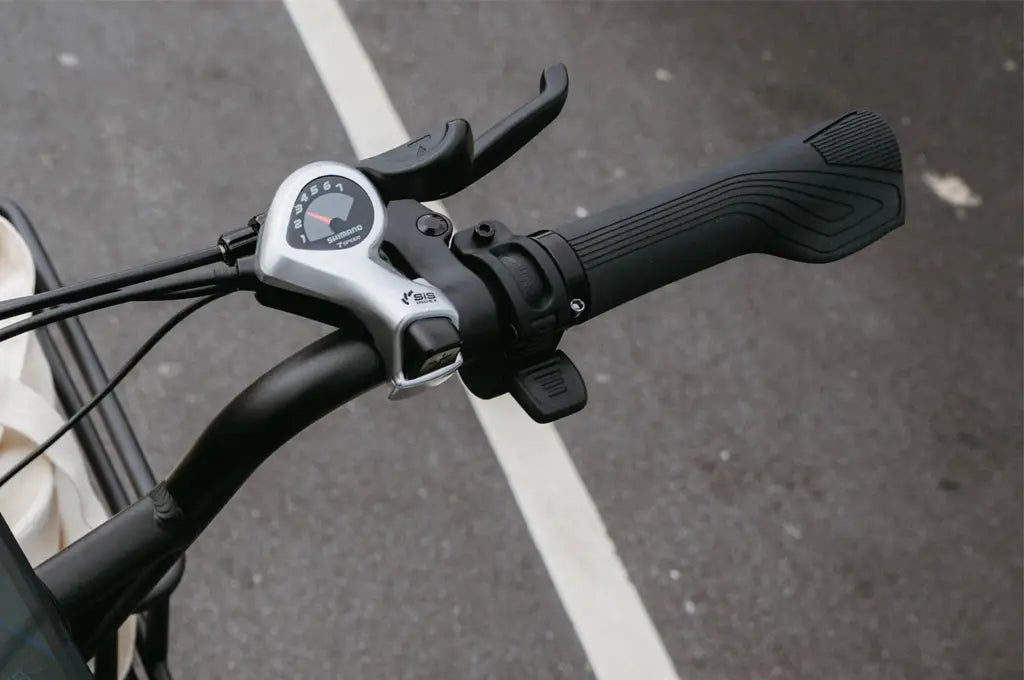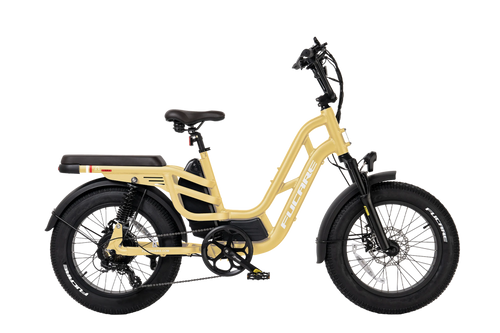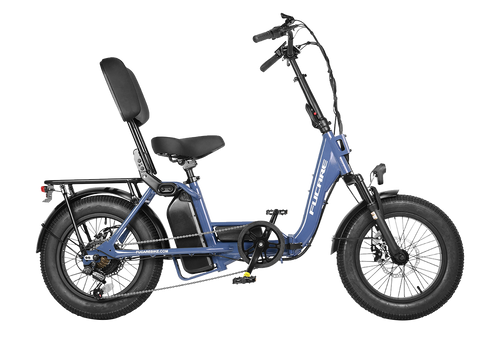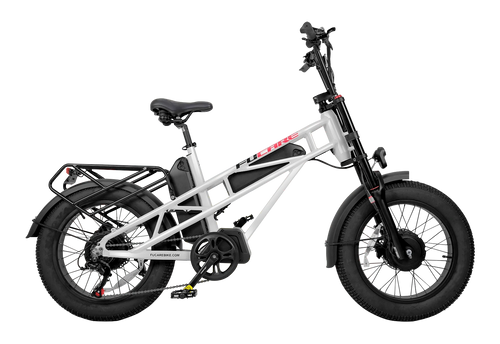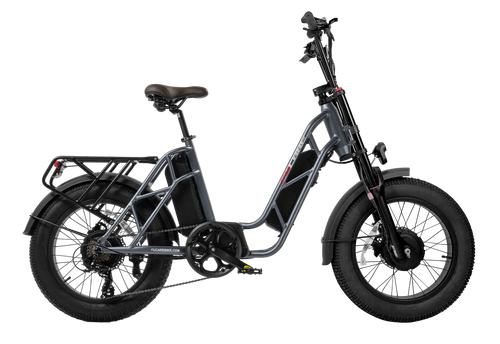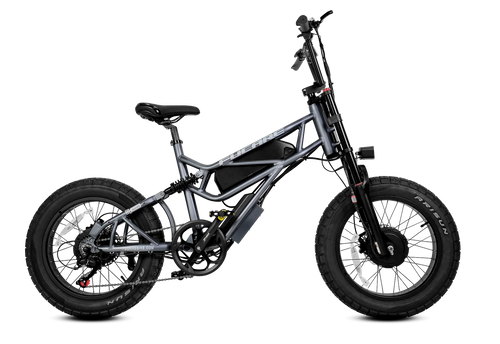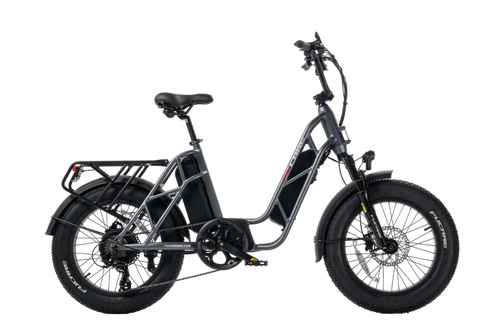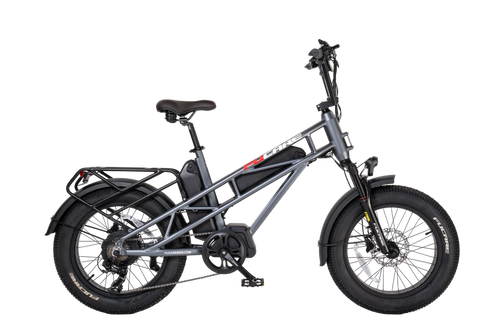Trump's New Tariffs Set to Drive Up Electric Bike Prices in the US
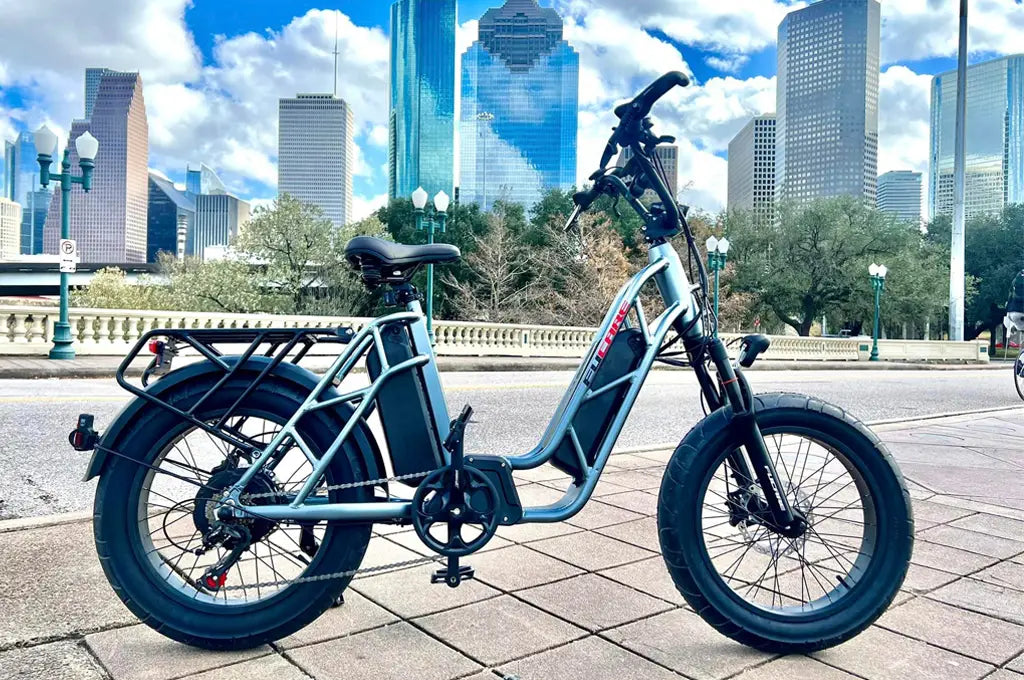
The recent tariffs imposed by the Trump administration on Canada, Mexico, and China are set to impact various industries, and the electric bicycle (e-bike) market in the United States is no exception. With an additional 10% tariff on Chinese imports and a 25% tariff on Mexican and Canadian products, the cost of many e-bikes could soon rise significantly for American consumers.
The Role of China and Mexico in the E-Bike Market
The U.S. e-bike industry heavily relies on imports, particularly from China. Many popular brands source components like motors, batteries, and frames from Chinese manufacturers. Even though some final assembly takes place in the U.S., the majority of essential parts come from overseas.
Mexico has also become an important manufacturing hub for e-bikes and related components. Companies looking to avoid previous tariffs on China have shifted production to Mexico in recent years. However, with a 25% tariff now being imposed, this strategy is no longer a cost-effective workaround.
How Prices Could Increase
With tariffs adding up to 10-25% on imported e-bikes and parts, manufacturers and retailers will need to decide whether to absorb the costs or pass them on to consumers. Given the already tight profit margins in the industry, it is likely that at least some of these costs will be reflected in higher prices for customers.
For example:
A mid-range e-bike currently priced at $2,000 could see an increase of $200 to $500, depending on the brand's supply chain.
Budget e-bikes, often sourced from China, could become less competitive in price, potentially limiting options for entry-level buyers.
High-end e-bikes, which use premium components from various global sources, may also see price hikes as production costs rise.
Additional Challenges for the Industry
Supply Chain Disruptions: Many e-bike brands are already struggling with supply chain issues due to the lingering effects of the COVID-19 pandemic and shipping delays. These new tariffs add another layer of complexity and cost.
Tariff Workarounds: Some companies have previously sought to circumvent tariffs by moving production to Vietnam, Taiwan, or other countries. However, rapid shifts in manufacturing locations are challenging and can compromise quality control.
Uncertainty in the Market: Many e-bike companies may be hesitant to make large investments or long-term pricing decisions until they have a clearer picture of whether these tariffs will remain in place or be revised in the future.
Conclusion
The new tariffs are likely to drive up the cost of many e-bikes in the U.S., making them less accessible to budget-conscious consumers. While the long-term effects remain uncertain, buyers should be prepared for potential price increases and disruptions in availability. Those considering an e-bike purchase may want to act sooner rather than later to avoid price hikes in the coming months. Additionally, the industry will be watching closely for possible tariff exemptions or alternative supply chain solutions that could help mitigate these cost increases.
Continue reading

E-Bike Battery Safety Tips: How to Charge Your E-Bike Without the Risk!
